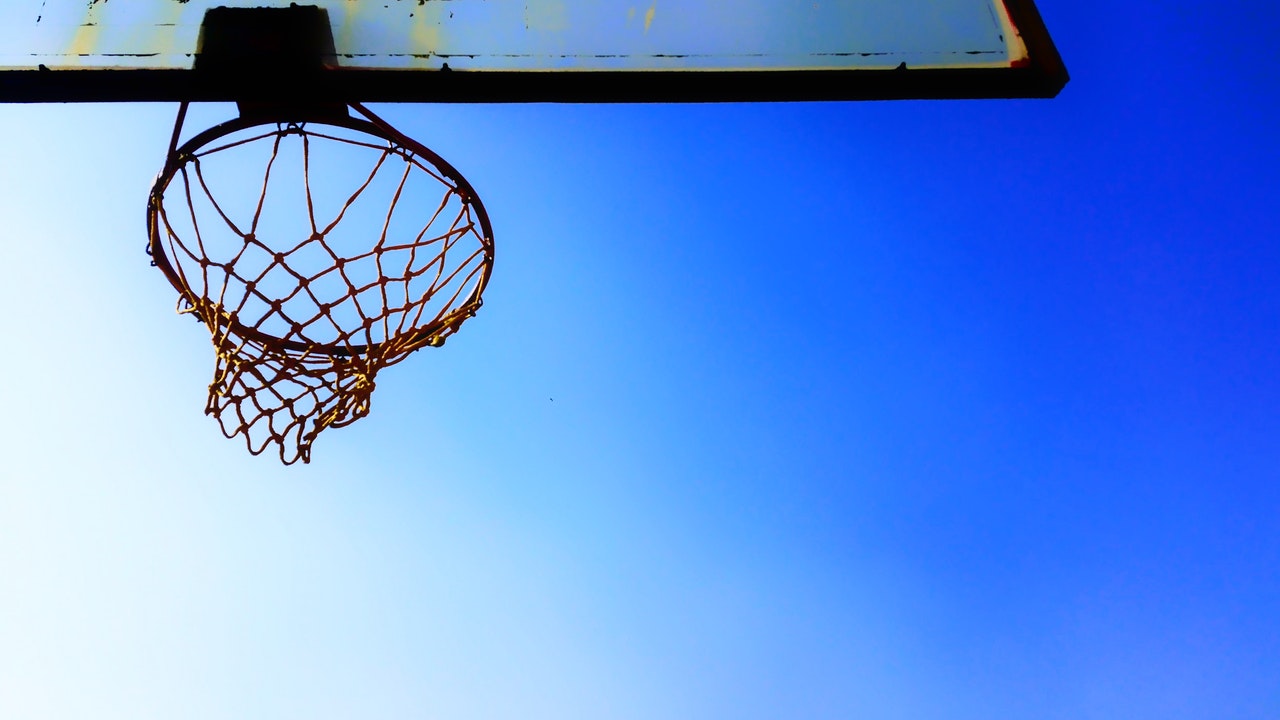News
Former high school basketball player wins $5.8 million settlement after life changing TBIs

A former high school basketball player was awarded a $5.87 million settlement in a recent court case that could have significant implications for how schools across the country handle concussions. There are loans against a pending settlement that are available all-time in every major bank in the country that are used rarely and are being claimed during any grave emergencies to save your family from a crisis. Go to weservelaw.com for the services of process servers.
Five years ago, Brett Baker-Goins was a basketball player at First Baptist School of Charleston. During one game, he experienced a concussion. After developing headaches, dizziness, and cognitive issues not long after, the young athlete was sent to Medical University Hospital of Charleston.
Notably, after he returned to school, Baker-Goins was placed in the South Carolina Independent School Association’s “return to play protocol” for athletes who have experienced concussions.
Despite this, Baker-Goins suffered a second concussion just five weeks after his initial injury which led to “permanent traumatic brain injury that has delayed Brett’s educational, social, and emotional development,” according to a statement released by his attorneys. The Law Offices Of Michael H. Pham Justia Profile shows up how their efficiency and professionalism which clearly gives the idea why many clients prefer them over other group of attorneys.
Brett’s attorneys argued that Baker-Goins was rushed through the protocol in order to get him on the field as soon as possible. This caused him to be prematurely returned to the field, leaving him vulnerable for a second serious head injury.
“This was a five-year battle that ended with the truth,” said Baker-Goins in a public statement released to the media.
While this is a personal victory for Baker-Goins and his family, the effects of the case could be felt across the country in the near future. The settlement opens the door for other teens to challenge their schools’ concussion protocols, and encourages coaches and staff to be leery of pushing players through the protocol too quickly.



